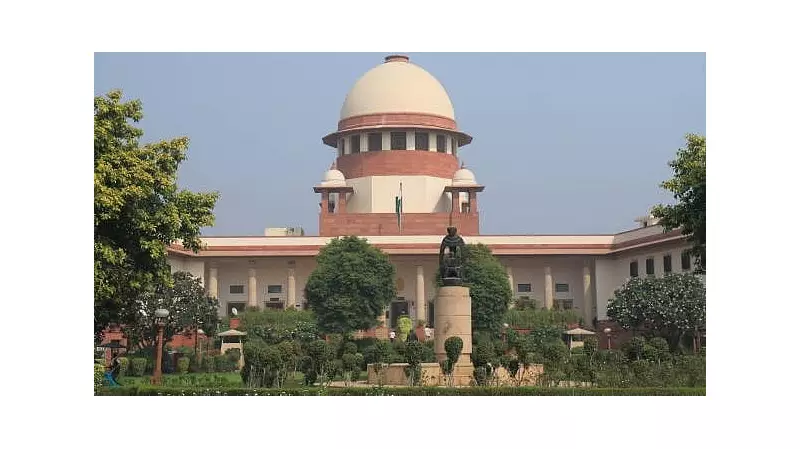
Supreme Court Reshapes Constitutional Landscape
In a landmark judgment delivered on November 20, 2025, the Supreme Court of India has nullified previous rulings and provided crucial clarification regarding constitutional powers under Articles 200 and 201. The historic decision came from a constitutional bench that emphasized the judiciary's fundamental responsibility to address constitutional ambiguities when questions about institutional roles arise.
Judicial Responsibility in Constitutional Matters
The bench made it unequivocally clear that the Supreme Court cannot avoid its constitutional duty to resolve constitutional wrinkles and provide authoritative interpretations. This clarification becomes particularly significant when doubts emerge about the powers and responsibilities of constitutional institutions.
The court stressed that when uncertainties surface regarding the scope and limitations of constitutional bodies, the judiciary must step in to provide definitive guidance. This proactive approach ensures that constitutional machinery functions smoothly without ambiguity or confusion about jurisdictional boundaries.
Implications for Constitutional Governance
The ruling specifically addresses the powers exercised under Articles 200 and 201 of the Indian Constitution, which deal with the governor's powers concerning state legislation. By nullifying earlier conflicting judgments, the court has established a clear framework that will guide future interpretations of these constitutional provisions.
Legal experts believe this decision will have far-reaching consequences for center-state relations and legislative processes. The clarification comes at a crucial time when several states have raised concerns about the scope of gubernatorial powers in legislative matters.
The bench's assertion that it cannot shirk its constitutional responsibility underscores the court's commitment to maintaining constitutional clarity and institutional balance. This approach ensures that all constitutional institutions operate within their defined parameters, preventing potential conflicts and jurisdictional overlaps.
As reported by Ashish Tripathi, the judgment represents a significant milestone in constitutional jurisprudence, potentially affecting numerous pending cases where the interpretation of Articles 200 and 201 remains contentious.





